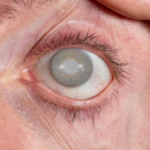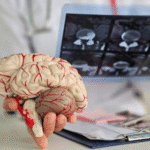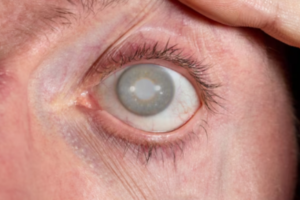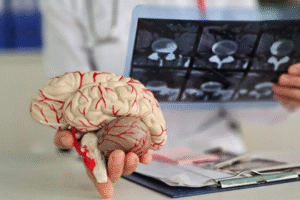Cognitive Behavioral Therapy (CBT) is considered one of the most recognized and evidence-based programs for enhancing mental health. It is becoming increasingly evident to the people of Oakdale that CBT can positively change their lives.
The implementation of this type of therapy centers on the interrelation of thoughts, behaviors, and feelings, showing people how to detect negative patterns of thought and switch them to better, healthier ones. So, who are the greatest beneficiaries of cognitive behavioral therapy in Oakdale?
Let us break it down.
Conditions Where CBT Helps GreatlyManaging Anxiety and Stress
One of the primary groups that finds relief through cognitive behavioral therapy in Oakdale is individuals struggling with anxiety or chronic stress. Anxiety is often characterized by racing thoughts, physical restlessness, and avoidance behaviors, which end up disrupting everyday life. CBT helps patients identify distorted thinking and prove fears wrong with realistic facts.
As an example, a person with social anxiety may not speak up during a meeting or attend an event due to the fear of being judged. CBT assists them in reframing such thoughts, gaining confidence, and step-by-step handling situations they previously avoided.
Supports Adults With ADHD
Adults with ADHD encounter several challenges, which include staying organized and being focused on their line of work and personal undertakings. Unlike children, adults may remain undiagnosed for years, and this may cause frustration, low self-esteem, and even relationship problems.
Cognitive behavioral therapy in Oakdale helps many adults overcome unconstructive habits and acquire successful strategies.
Suffering from Depression
Depression may seem encompassing and lonely. However, many individuals thrive on cognitive behavioral therapy in Oakdale through reframing. During CBT sessions, the client is encouraged to refute destructive thought patterns, learn healthy coping skills, and adopt a new outlook that gives them a better mood.
Addressing OCD and Related Disorders
CBT has also proven effective for obsessive-compulsive disorder (OCD) and related conditions. People with OCD often feel trapped in a cycle of intrusive thoughts and compulsive behaviors. For example, an individual might feel compelled to wash their hands repeatedly to ease contamination fears.
Through cognitive behavioral therapy in Oakdale, patients learn to resist compulsions and confront anxious thoughts in a controlled way. This approach, often known as Exposure and Response Prevention (ERP), empowers individuals to regain control over their lives. Many residents who turn to CBT for OCD describe it as a life-changing step in their recovery journey.
Why Choose a Professional Approach?
Identifying the appropriate provider is important. CBT is often provided in clinics like Optimal Brain MN, which also offers other services like psychiatry, psychotherapy, and neuropsychological assessment. Their treatment team serves clients of all ages, and treatment is tailored to meet the needs of individual clientele.
Final Thoughts
Cognitive behavioral therapy can effectively treat anxiety, ADHD, depression, and OCD, among others, in anyone, young or old. People who start CBT tend to feel not only reduced symptoms but also greater self-awareness and strength. By confronting detrimental thinking patterns and replacing them with more constructive coping skills, clients find a new freedom to deal with life circumstances effectively and in balance.
If you or someone you love is ready to take the next step, exploring CBT could begin a healthier, more fulfilling future.















